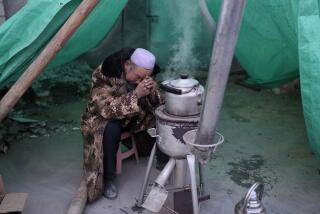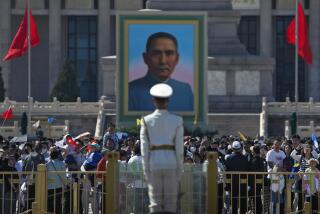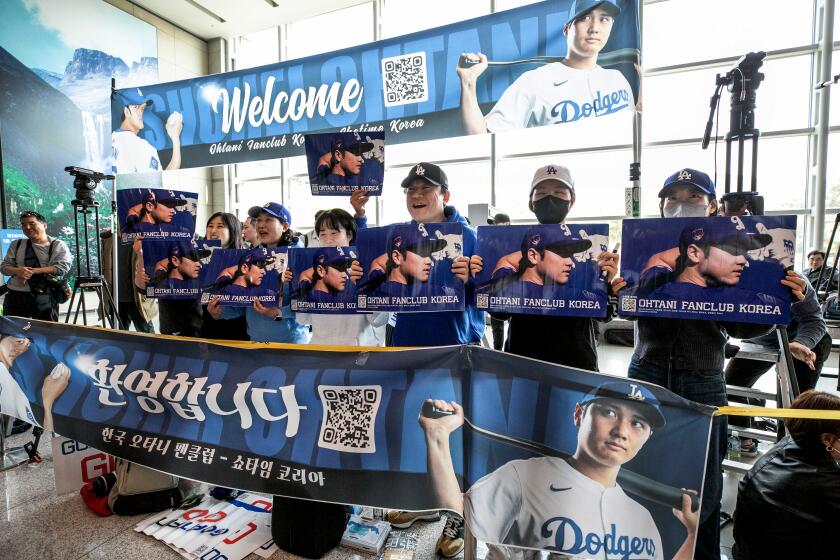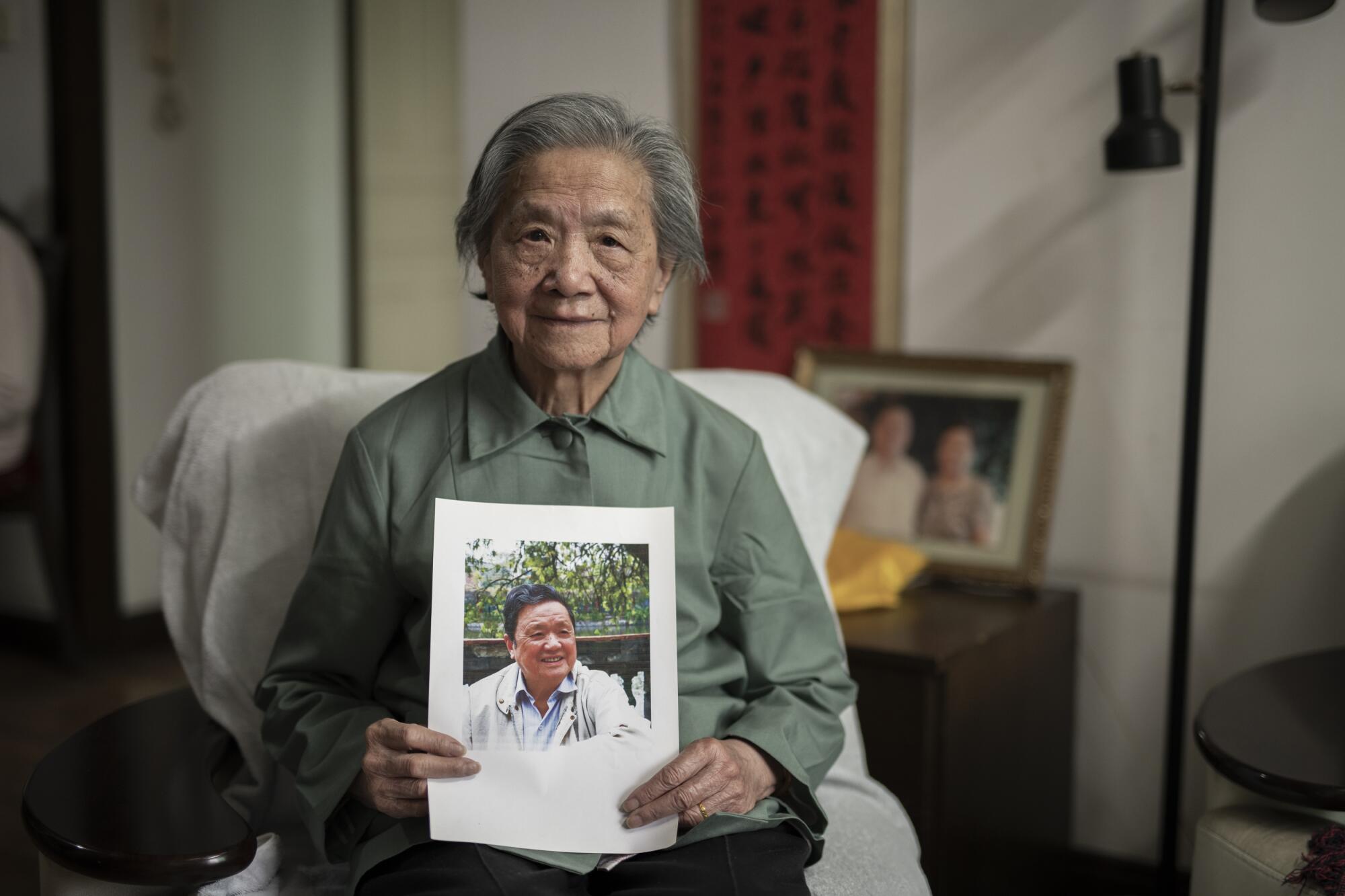
The steelworker counted as corpses were dragged out of the hospital in twos and threes, loaded into funeral cars and driven away. Every body bag meant another empty bed and a chance for his father’s survival.
The steelworker, whose name is Yang, had been sleeping in his car outside the hospital for two days. His father was shivering on a bench in the emergency room, wrapped in a blanket and wheezing while breathing oxygen from a tank. He’d tested positive for the coronavirus, but there were no beds for the old man.
Yang had warned his father not to go out in early January, when he started seeing more funeral tents than usual and hearing rumors about a new virus in Wuhan. But his father wouldn’t listen. No one else around them seemed worried at the time, only his stubborn son who read too much insidious information from the non-Chinese internet.
“I’m old. I’ll die sooner or later,” Yang’s father had joked, sneaking out to take walks when Yang was at work.
A month later, he was dead.
Those days replay in Yang’s mind even now, a month after Wuhan’s celebrated reopening. Here in the city where the coronavirus began, the government’s victory narrative is filled with slogans about “People’s War” — led by the Chinese Communist Party — printed on red banners and flashing on the Yangtze River skyline.
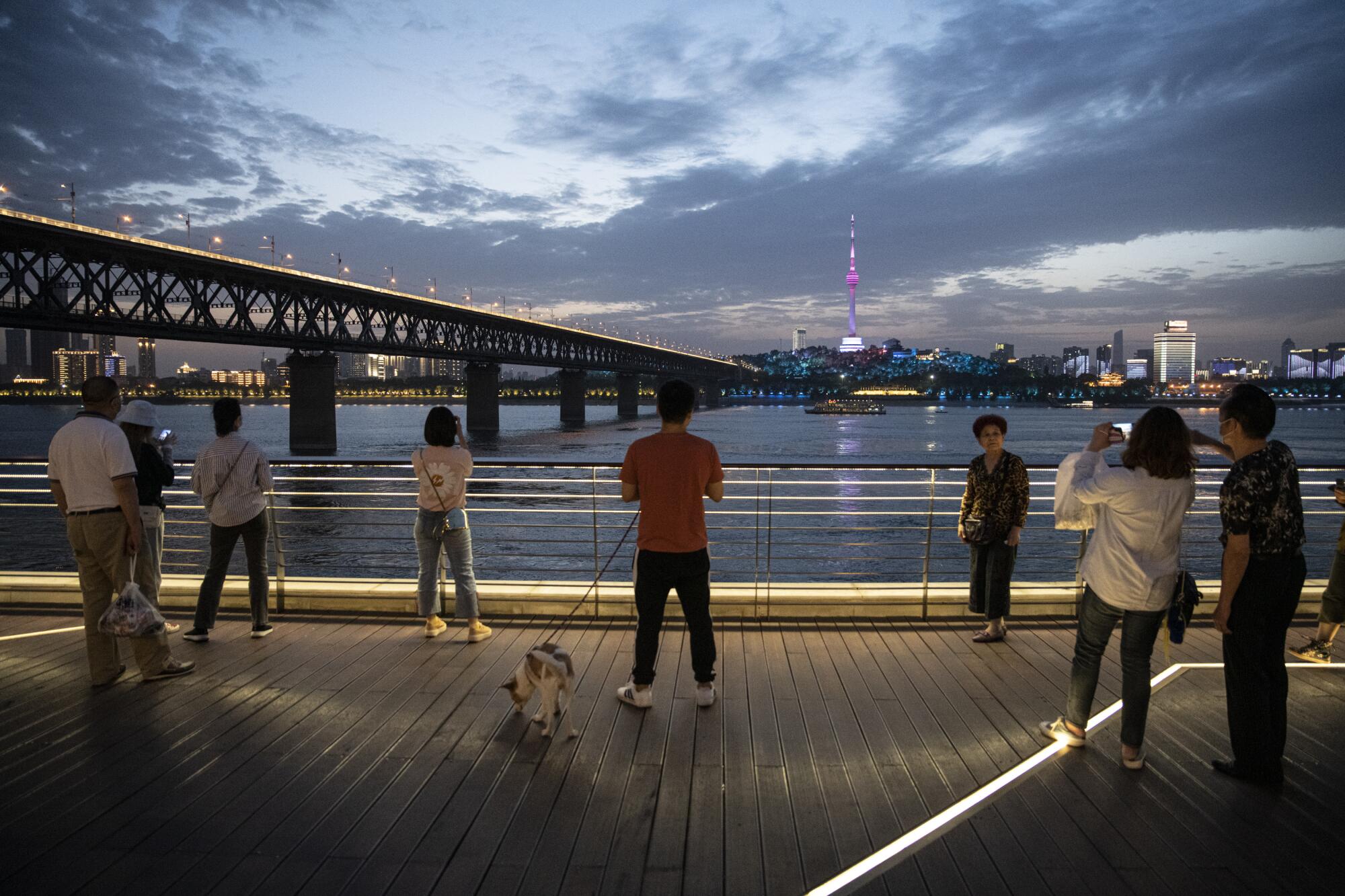
Months of lockdown have wiped away the industrial center’s usual haze of pollution, revealing open skies over soaring bridges and pink water lilies floating on lakes. People line up for buckets of crayfish, snack on crunchy, spicy lotus roots, and linger at breakfast stalls serving sesame-paste noodles and tofu skin stuffed with rice.
Fishermen and families are back on the riverbanks, flying kites, taking selfies and sleeping Sundays away in hammocks.
Yet anxiety lingers. Some fear a second wave of the coronavirus — new infections were recently reported, sparking citywide testing. Others worry about the economic toll: lost jobs, looming debts and the cost of continuing shutdowns as much of the world recoils from a scourge that has infected more than 5 million people and killed more than 340,000.
For many in Wuhan, the initial fury at being lied to, locked down and abandoned has been replaced by horror at how other countries have failed to contain the virus despite early warnings. There is also a sense of anger that the world is blaming them for the coronavirus, when they were the first to suffer from it.
Beijing has meanwhile made a hero out of Wuhan, the sacrificial city whose people struggled and died to stop a virus and save the nation. But many in Wuhan say they never asked for that burden, and now they spend their days remembering the ones they lost while trying to make sense of what lies ahead.
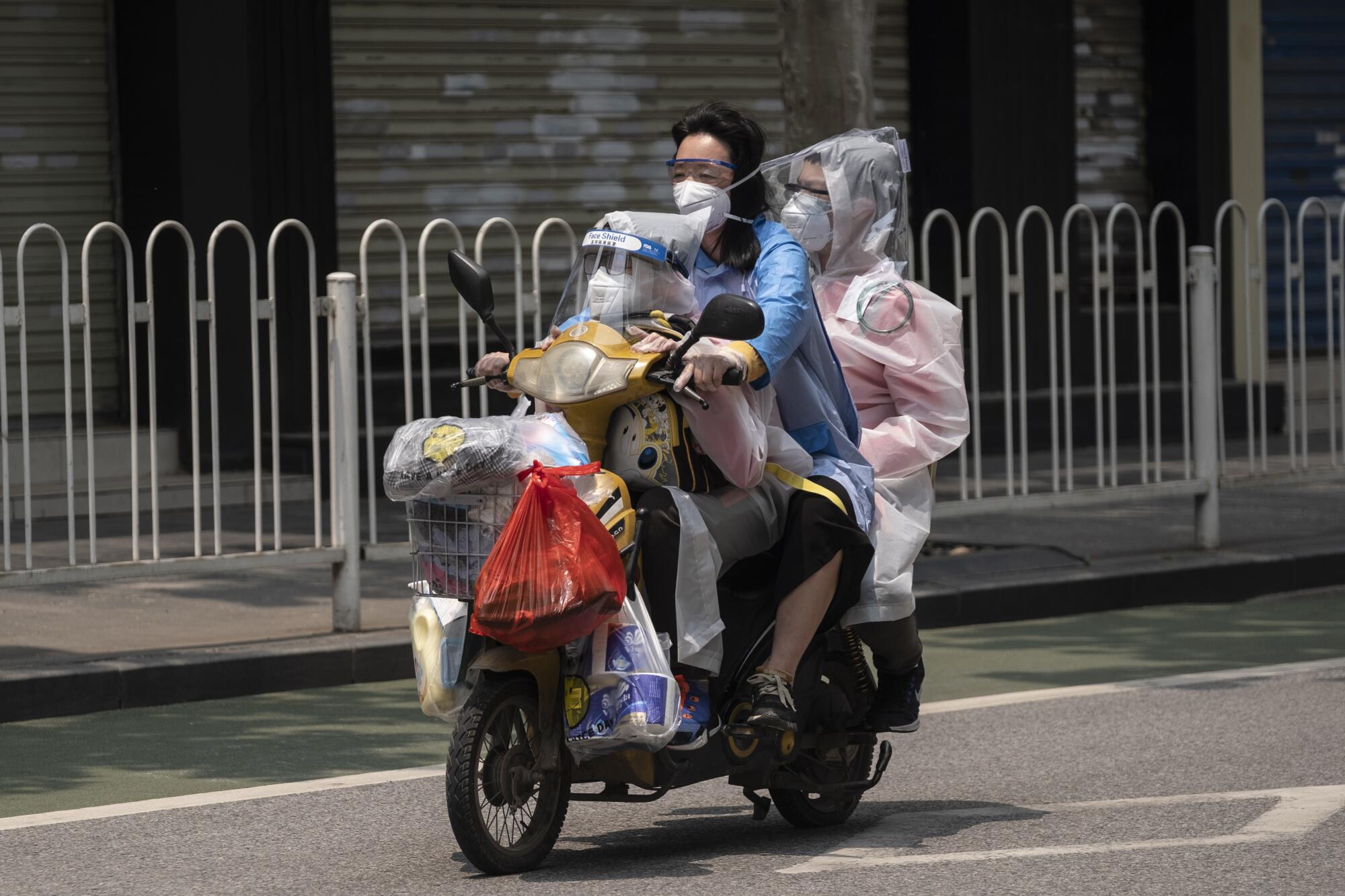
“It was hell,” Yang said. His father got a hospital bed on Feb. 14, three days after he tested positive. But the doctor said it was too late to save him, and assigned a spot outside of the intensive care unit. There would be no nurses to feed or bathe him. Yang, 53, decided to stay and nurse his father himself.
But his mother, who lost her arm in a factory accident and suffers from Alzheimer’s, was still at home. His wife, daughter and sisters were locked down in other districts. By then, cars couldn’t drive to the hospital, so for six days Yang biked back and forth between home and his father’s ward.
Three times a day, he’d don a shower cap, raincoat, gloves, goggles and factory mask, feed his father, disinfect himself, then bike home, strip everything off, douse himself in alcohol, and cook for his mother — who kept asking if her husband was dead. “He’s not. I wouldn’t lie to you,” Yang told her.
By the fourth day, his father was losing consciousness. He lost movement in his right arm and started punching the air and trying to pull off his oxygen mask with his left arm. Yang scolded him. “You’re trying to kill me,” his father said.
The old man stopped eating. Yang asked a nurse for help. She restrained his father’s arm and gave him a tranquilizer and a feeding tube. Yang and his sisters spent several thousand dollars on 30 nutrition shots to save him. The nurse gave him just one. The next day, on Feb. 21, he died.
Before the lockdown, few in Wuhan knew what danger they were in. For three weeks in January, government officials had said the virus was “controllable, preventable,” and not contagious between humans. Eight people, including the later-famous Dr. Li Wenliang, were rebuked on state TV for “rumor-mongering” about the new illness.
The Wuhan health commission insisted that there were no new cases of the virus for more than a week in January, while the city was holding political meetings. Residents kept shopping, eating and attending Chinese New Year potlucks with tens of thousands of guests, unaware of death spreading in their midst.
Only on Jan. 20 did Zhong Nanshan, a doctor famous for speaking up during the SARS epidemic, announce on state TV that there was human-to-human transmission. Three days later, the city of 11 million was locked down.
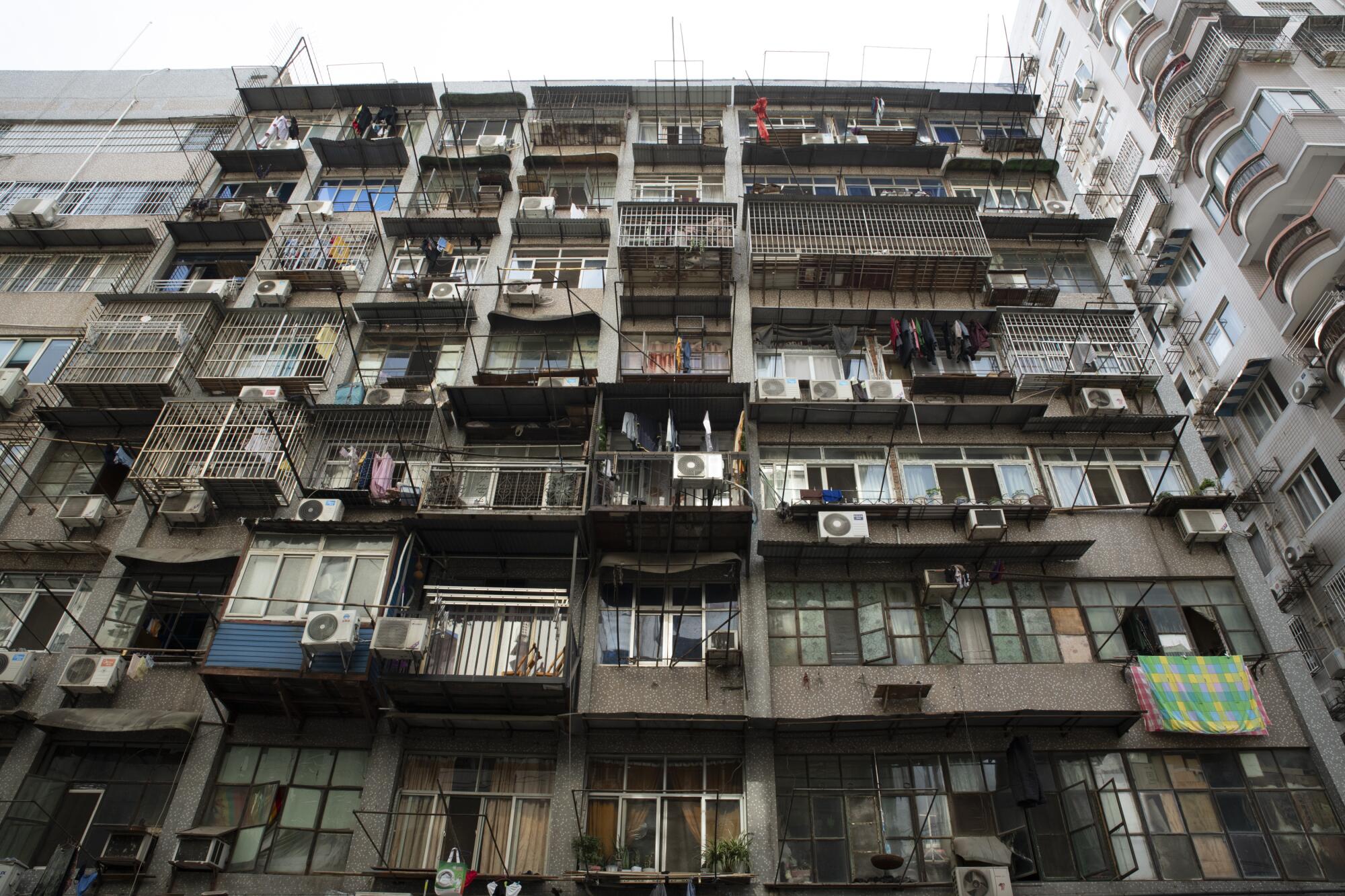
One front-line doctor, who asked not to be named because he is forbidden from speaking to foreign reporters, said his colleagues had already been wearing masks for weeks, trusting their own judgment over officials’ statements. He oversaw 50 of the hospital’s 400 beds, all of which were quickly filled.
They had one ventilator for 50 patients and oxygen tanks for the others, but not enough pressure for the oxygen. People collapsed in the hallways, foaming at the mouth — a sign that their lungs were “drowning,” the doctor said. Others collapsed “in fear,” he said, perhaps with sudden cardiac arrest.
Many of those early deaths went uncounted. Only patients with confirmed coronavirus infections were recorded, the doctor said, and many were dying too fast to be tested, especially as there weren’t enough tests. Worse, there wasn’t any treatment.
“There was no way to save them. Not enough beds, not enough equipment, not enough facilities, not enough people,” he said. “As a doctor, you feel helpless, trying to help them breathe. You’re just watching their oxygen go down, down, down, and you can’t do anything. You can’t keep up.”
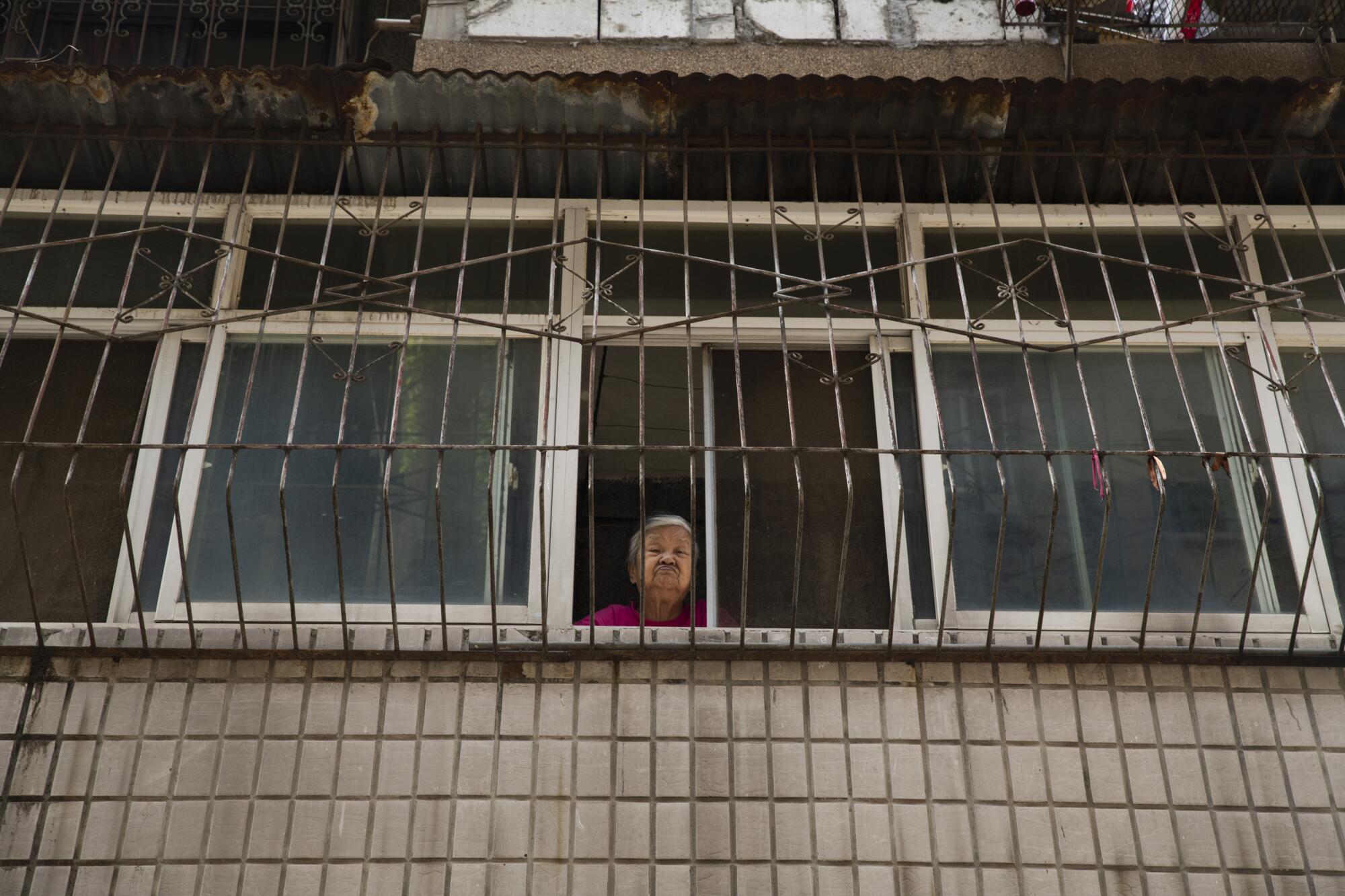
The city — whose pain and loss would be duplicated across the world — whispered with such stories. Outside the hospitals, the streets were cold and empty — as if the city was dead, said MC, 35, a nail salon owner who became a volunteer, delivering food and masks to hospitals and poor families across the city.
On Chinese New Year’s Eve, Jan. 24, state TV had broadcast the annual Spring Festival Gala, complete with extravagant dances and glamorous hosts aglow with laughter. In Wuhan, it was the second day of lockdown; the city was silent.
“I felt like: My city is sick,” MC said. She remembers driving across bridges in the dark, seeing only ambulances and funeral cars on the road. She kept hearing people say China would sacrifice her city to save the nation. “If that’s true, we have to save ourselves,” she recalls thinking.
One night, an ambulance dropped off an old man and woman in a Qiaokou district neighborhood, then sped away. They were Grandma Wu and Grandpa Xu, both 94. Their daughter who lived upstairs usually took care of them. But she had been hospitalized with COVID-19 on Jan. 28, and died two days later.
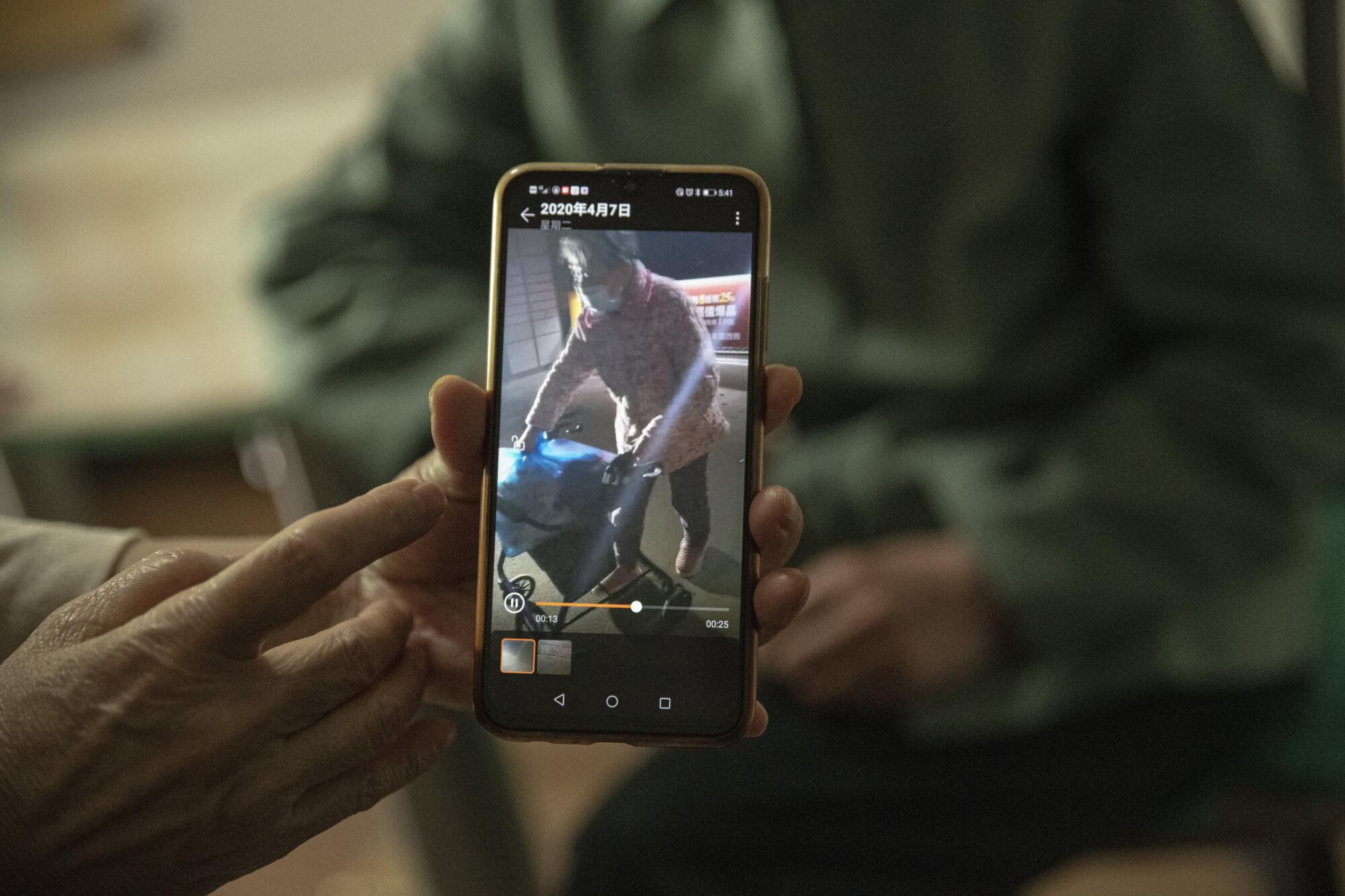
Grandpa Xu had been a literature professor with a lifetime achievement award for his writing. He and Grandma Wu were honored last year at a city ceremony for respected scholars, as part of China’s 70th anniversary celebration. It was also their 70th wedding anniversary, and Xu had been in his element, reciting poetry and singing Beijing opera.
A security guard took a video that night: Grandpa Xu fell down, crumpling to the floor. Grandma Wu tottered toward him in pajamas, pushing a walker. No one dared to touch them. They’d just come from the hospital and their family had the virus. Who knew if they were sick?
“I was pulling him and pulling him, and he wouldn’t move,” Grandma Wu said.
Somehow, the two made it to their apartment upstairs. But Grandpa Xu would not survive.
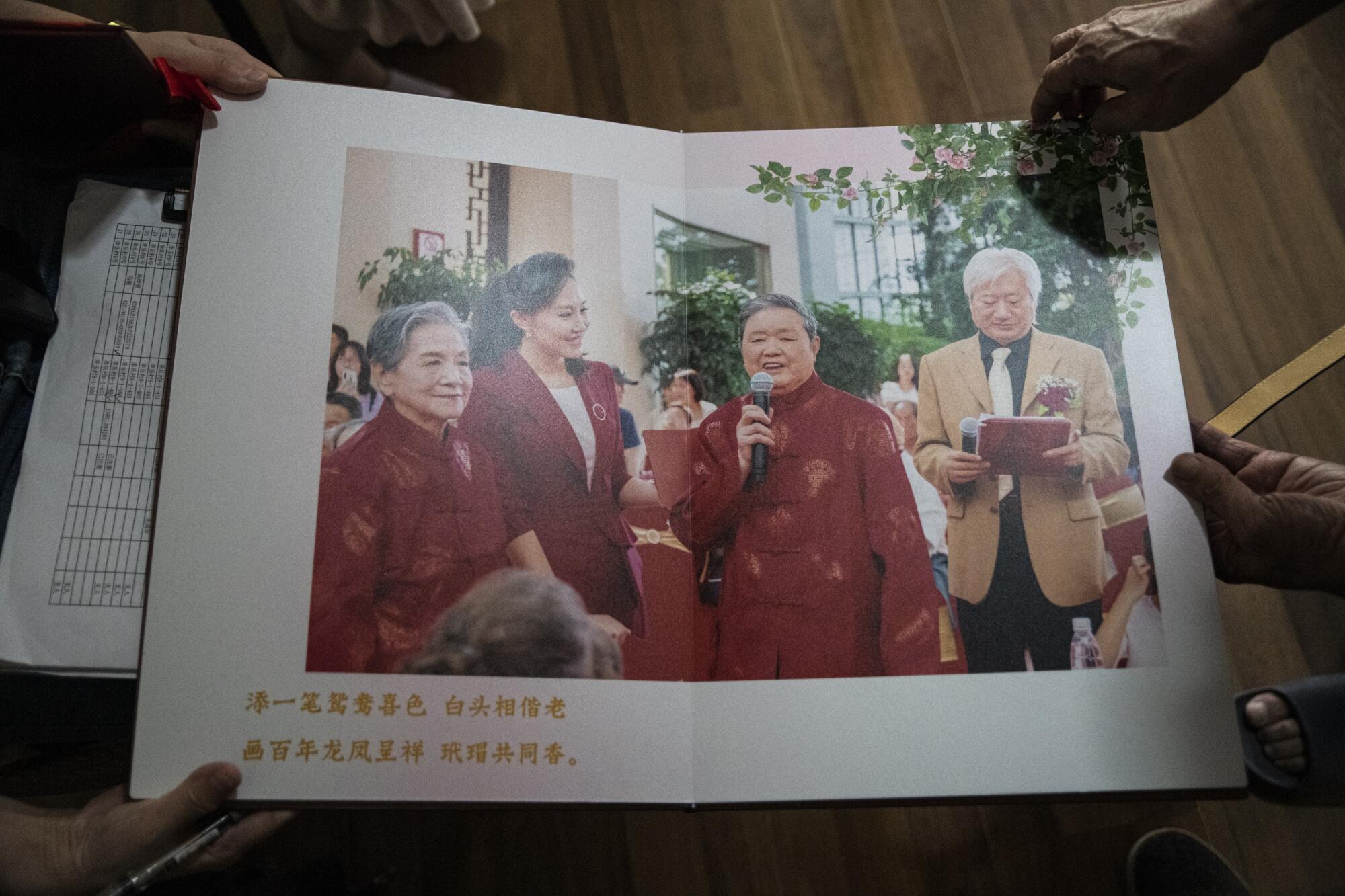
“We couldn’t see them, we couldn’t care for them; we were helpless,” their oldest daughter said in an interview. She and her husband live in New York, but had come to Wuhan for the holiday. After recovering from COVID-19, they’d reunited with Grandma Wu in mid-February, and stayed to care for her. They asked that their names not be used for their protection.
“We’d already lost one, my sister. And my dad died without any reason or clarity. We have no idea how he died. What happened when he came home? What did he die of?” the daughter said. Her mother began to cry.
For 10 days, the only person who cared for Grandma Wu was a government-employed “grid” worker, whose job was to monitor the households in their neighborhood.
“Don’t touch her,” the worker’s colleagues said. But the worker came every day, coaxing Grandma Wu to swallow spoonfuls of congee.
“America couldn’t do what we are doing here, with workers checking every house, testing, taking temperatures and sending food,” Grandma Wu’s daughter said. Her husband agreed: Local officials were three weeks late in announcing the disease, and he wanted to sue the hospital that expelled his in-laws. But the central government did a good job when it took over in February, he said — though the city remains traumatized.
“In Wuhan, those who’ve had the sickness also feel different from those who haven’t. You don’t know that feeling of terror,” said Grandma Wu’s daughter. “We wrote our own wills and prepared to die.”
While the coronavirus awakened some Chinese to the flaws of their government, it also shattered many people’s idealized notions of the West.
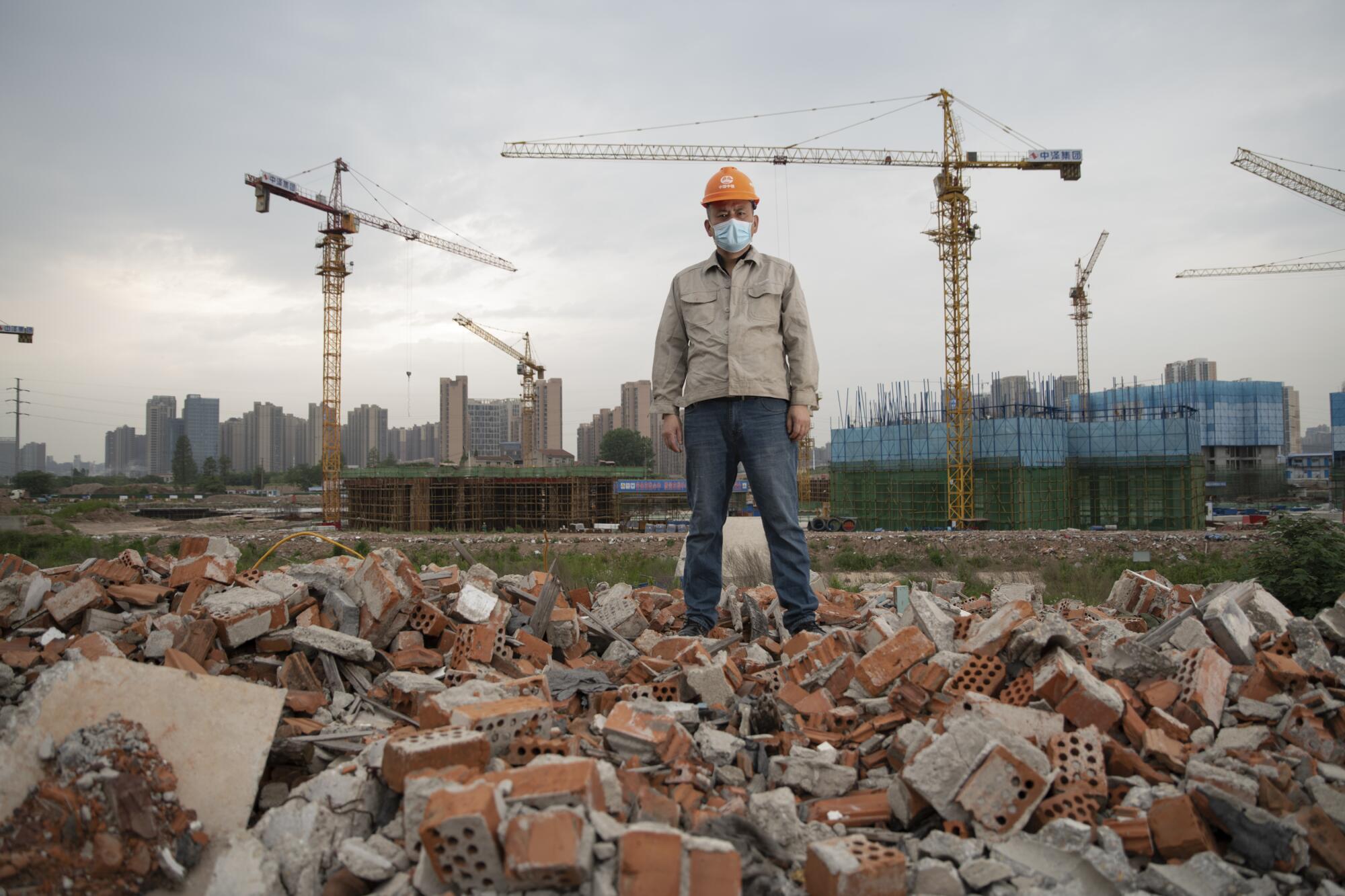
“I’m surprised and disappointed. I’m rethinking what I thought I knew about America,” said Liu, 43, a migrant worker and security guard who helped build the emergency hospitals for the coronavirus.
Liu called himself “awakened” — he’d long been critical of the Communist Party’s authoritarianism, corruption and suppression of free speech. He had regarded the United States’ democracy as a model for what China could be. He was friends with activists, and had taken secret phone videos on the construction sites and in hospitals to alert other countries to what was unfolding in Wuhan.
“We were trying so hard to tell the world,” Liu said. “Yet with their free press and free speech, they still failed. Why in the world did it become like this?”
If even he was disillusioned with the United States, Liu said, there was no doubt that the Communist Party had won over most of China’s population.
“People were so angry. The government silenced our doctors. But now it’s the opposite: It seems the West is worse. The numbers speak for themselves,” he said. “Even with economic struggles, workers will say it was a natural disaster. They won’t blame the government. They think it protected them well.”
Key Zhou, 40, another Wuhan volunteer, said he worried most now about U.S.-China tensions and a rise in nationalism. He saw hateful rhetoric every day on state TV and online, where the Wuhan novelist Fang Fang was labeled a sellout to the West — because her diary of life under coronavirus was being published in English.
The way people attacked one another reminded him of scenes he’d seen during lockdown: Infected people had spat on elevator buttons out of spite, and screamed at volunteers, “If I can’t live, no one else can live!” Sometimes he’d felt like screaming, too.
Zhou feared a second Cultural Revolution or a third World War. Some of his friends are stockpiling food now, he said, not because of the coronavirus but in case of sanctions or coming inflation.
“What’s scarier than the virus is how it rips our relations apart,” Zhou said. “When people are fearful, anxious, we harm one another. But this is our fault, not the virus’ fault. It’s human, not Chinese or American.”
Yang, the steelworker, hasn’t had the time or heart to think about global affairs. After his father died, he had to be quarantined in a hotel. He resisted at first: He had two dogs, six chickens, his father’s rooftop vegetable garden, and his mother to take care of at home.
In the end, his mother came with him; the dogs were sent to a pet hospital and the chickens survived on some extra feed.
“The dogs, the chickens, I saved them all,” Yang said. “The only one I didn’t save was my father.”
Yang’s oldest sister had a mental breakdown after their father’s death. She has refused to see the rest of her family but is receiving psychological treatment. Yang fears a relapse of his own depression, which paralyzed him two years ago.
He’s returned to the steel factory, which has a special department for retired cadres. They supervised when he picked up his father’s ashes and stored them in a cemetery. He and his second sister placed a handful of chrysanthemums there, plucked from the rooftop. He eventually wants to bring his father’s ashes to their hometown in Hunan. The supervisors will probably follow him there, too.
“It’s political,” he said. “They won’t let you go on your own.”
When Yang thinks about his father’s death, he swears, then says: “This was all preventable. We need justice from the heavens.” But he also blames himself: “He must have touched something with the virus. I should have given him gloves.”
Every day, his mother asks where his father went. Her memory is going; all that once was is fading. Yang answers her questions, and keeps the garden alive.
More to Read
Start your day right
Sign up for Essential California for news, features and recommendations from the L.A. Times and beyond in your inbox six days a week.
You may occasionally receive promotional content from the Los Angeles Times.
